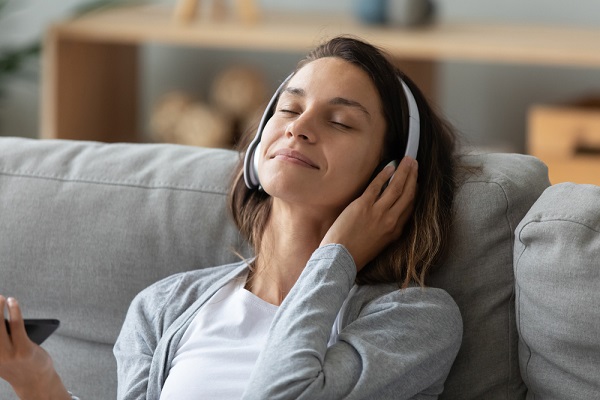More Than Sound: How Music Moves Your Mind, Body, and Soul
Introduction
Music isn’t just entertainment—it’s emotion, memory, therapy, rebellion, and love. From heartbreak ballads to thumping club beats, the music we choose says more about us than we realize. In a world filled with chaos and noise, music remains one of the few things that can ground us, lift us, and connect us—instantly and deeply.
Whether it’s in your headphones, at a concert, or echoing through your home while you clean, music is medicine. Here’s why it matters more than ever.
Music as Emotional Regulation
Ever noticed how a sad song makes you feel understood? Or how upbeat tracks literally shift your mood? That’s not just poetic—it’s neurological.
🎧 Research shows that music can:
- Lower cortisol (the stress hormone)
- Trigger dopamine release (the feel-good chemical)
- Help regulate heart rate and breathing
- Provide emotional catharsis when words fall short
We don’t just listen to music—we use it. To process. To cope. To survive.
In therapy rooms, playlists now join traditional talk therapy as tools for trauma recovery, anxiety support, and even grief work.
Soundtracking Your Identity
Our music taste often evolves with who we are. That angsty emo playlist from your teenage years? That’s part of your story. The sensual R&B you now vibe to when you’re feeling confident? That’s your present power.
Music allows you to explore parts of yourself you might not say out loud:
- Sexuality
- Cultural roots
- Kinks or fantasies
- Vulnerabilities
Your playlist is your personal diary with a beat. Curate it with intention.
The Intimacy of Shared Songs
Music isn’t just personal—it’s relational.
- The song you both heard on your first date
- The track that plays during a long-distance call
- The playlist you made for your partner’s birthday
These aren’t just memories. They become emotional glue.
Sharing music is a form of modern love language. It says:
“I want you to feel what I feel.”
“I see you.”
“This reminded me of you.”
And let’s not forget: music can be foreplay too. Whether you’re setting the mood with silky jazz or letting heavy bass lead the rhythm—what you hear affects how you touch, move, and connect.
Music and the Body
Dance is one of the most instinctive responses to music, and it’s deeply healing.
From clubbing to private kitchen dances, movement fueled by sound helps you:
- Release trapped emotions
- Reconnect with your body
- Embrace sensuality and spontaneity
Don’t just hear music—feel it. Move your hips, close your eyes, and let go.
What’s Trending in 2025: Music and Wellness Merge
This year, we’re seeing music align with wellness more than ever:
- AI-powered personalized soundscapes for sleep and meditation
- “Sonic skincare” rituals using frequencies to enhance absorption and calm
- Erotic audio apps bringing intimacy and pleasure through storytelling
- Lo-fi beats as a focus tool for neurodiverse minds
- Silent disco therapy sessions and sound baths popping up in major cities
Music is becoming an everyday wellness tool—and everyone’s invited.
Conclusion
Music isn’t just a background track. It’s a mirror, a compass, and sometimes, a lifeline.
So next time you press play, remember: you’re not just listening—you’re connecting. To yourself, your past, your people, your pleasure, and your power.
Let it move you. Let it heal you. Let it remind you who you are.
Because in the language of music, you’re always the main character.
